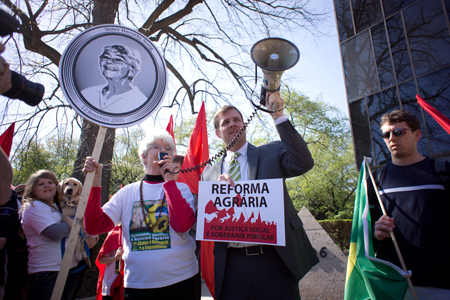Three Recent Interview on the State of Agrarian Reform
The Friends of the MST has translated three recent interviews with MST leaders on the state of agrarian reform in the face of the intrangience of the Brazilian government and the onslaught of international capital and agri-business.
João Pedro Stédile, a founder and coordinator of the MST estimates that the current moment is an ebb of the popular movement.First, an interview with João Pedro Stédile with ABCD Maior. Read the full interview here.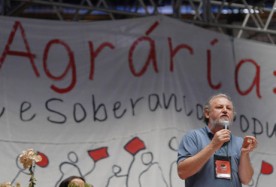
![]() In an interview, Marina dos Santos, a member of the MST's National Coordination, discuss how Agrarian Reform came to a stop in 2012 and there were few investments by the government in production, in family farmers and in the settlements. Agrarian Reform is paralyzed because of the development model in question in Brazil today, agribusiness.¨ This is the
In an interview, Marina dos Santos, a member of the MST's National Coordination, discuss how Agrarian Reform came to a stop in 2012 and there were few investments by the government in production, in family farmers and in the settlements. Agrarian Reform is paralyzed because of the development model in question in Brazil today, agribusiness.¨ This is the 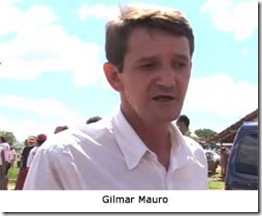 analysis of Marina dos Santos, of the National Coordination of the MST. Read the interview here.
analysis of Marina dos Santos, of the National Coordination of the MST. Read the interview here.
According to Gilmar Mauro, a member of the MST national leadership, “We are facing this very big offensive by the court in relation to the settlement areas. The Brazilian state, agribusiness, the state and federal governments are working together to prevent the advance of agrarian reform.” Read the interview here.

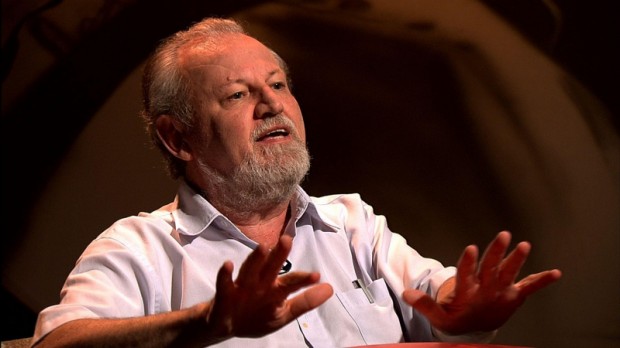 azilian society faces, in the rural milieu, distinct problems needing different solutions. We have serious problems and emergencies that require urgent action. There are about 150,000 families of landless laborers living under black tarps, camping, fighting for the rights that are in the Constitution to have land to work. For this problem, the government needs to do a real joint effort among the various agencies and settle the families in lands that exist in abundance throughout the country. Remember that Brazil uses for agriculture only 10% of its total area.
azilian society faces, in the rural milieu, distinct problems needing different solutions. We have serious problems and emergencies that require urgent action. There are about 150,000 families of landless laborers living under black tarps, camping, fighting for the rights that are in the Constitution to have land to work. For this problem, the government needs to do a real joint effort among the various agencies and settle the families in lands that exist in abundance throughout the country. Remember that Brazil uses for agriculture only 10% of its total area.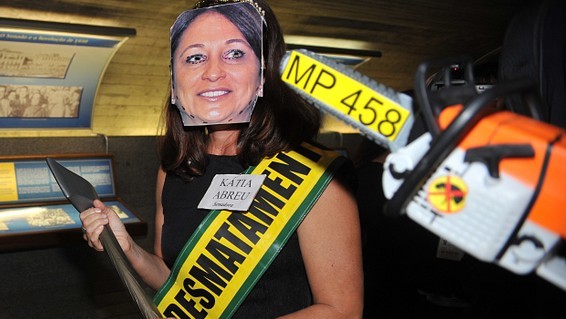 agriculture ministry of President Dilma Rousseff.
agriculture ministry of President Dilma Rousseff.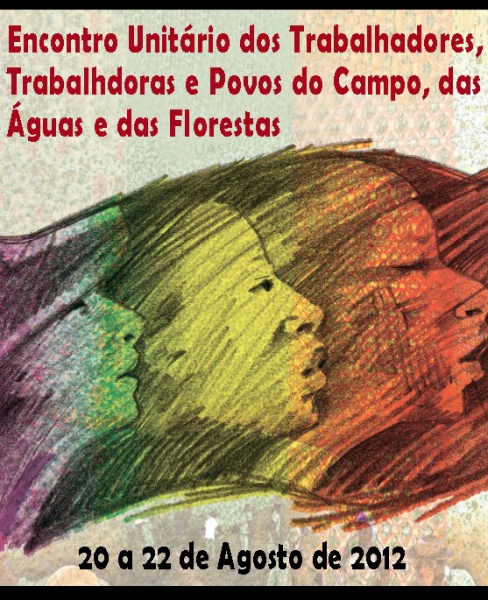 in Brasilia released a joint statement representing a demonstration of the political unity of the peasants, small farmers, landless, indigenous and afro-descendants, along with environmentalists, human rights activists and students who also participated.
in Brasilia released a joint statement representing a demonstration of the political unity of the peasants, small farmers, landless, indigenous and afro-descendants, along with environmentalists, human rights activists and students who also participated. Amazon.
Amazon.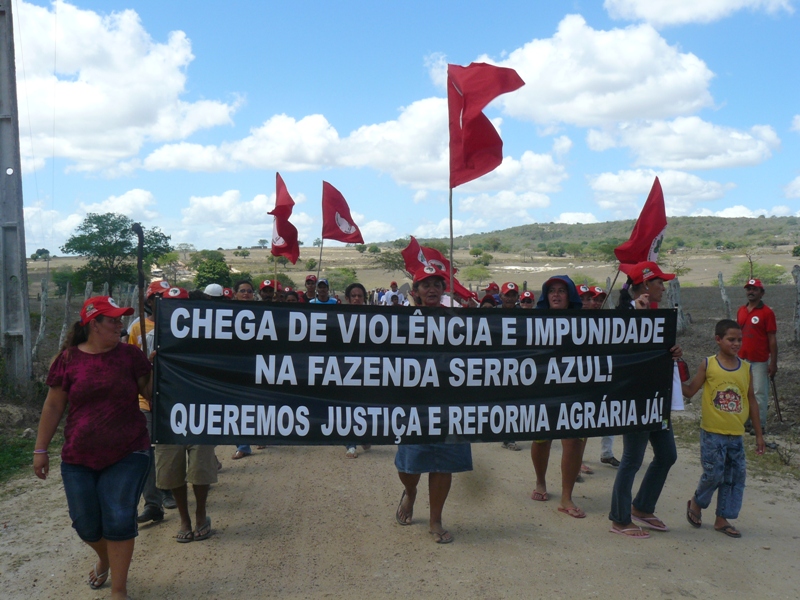 Representatives of the State Secretariat for Human Rights, the State Program for the Protection of Human Rights Defenders and the Ombudsman of the Department of Social Defense visited, on Tuesday (July 3, 2012), the Gregório Bezerra encampment in the city of Altinho, rural Pernambuco (PE).
Representatives of the State Secretariat for Human Rights, the State Program for the Protection of Human Rights Defenders and the Ombudsman of the Department of Social Defense visited, on Tuesday (July 3, 2012), the Gregório Bezerra encampment in the city of Altinho, rural Pernambuco (PE). FINAL DECLARATION OF THE PEOPLES’ SUMMIT AT RIO+20 FOR SOCIAL AND ENVIRONMENTAL JUSTICE IN DEFENSE OF THE COMMONS, AGAINST THE COMMODIFICATION OF LIFE
FINAL DECLARATION OF THE PEOPLES’ SUMMIT AT RIO+20 FOR SOCIAL AND ENVIRONMENTAL JUSTICE IN DEFENSE OF THE COMMONS, AGAINST THE COMMODIFICATION OF LIFE by Luiz Zarref
by Luiz Zarref